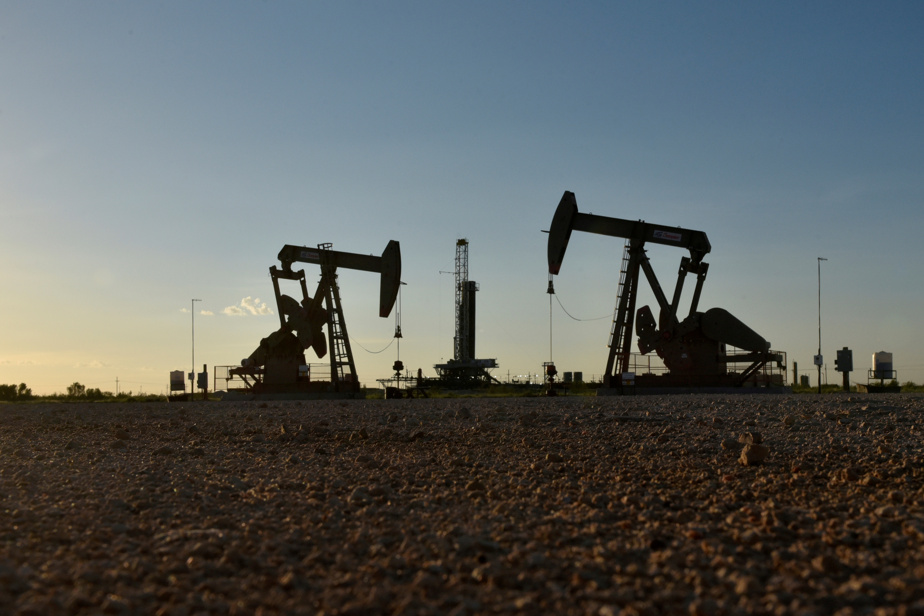(LONDON) Oil prices recovered slightly on Thursday, after three sessions of decline, as the resilience of the US economy and its demand offset concerns about China’s economic health.
Around 5:40 a.m. EST (11:40 a.m. Paris), a barrel of Brent North Sea oil, for delivery in October, was up 0.22% at $83.63.
Its American equivalent, a barrel of West Texas Intermediate (WTI), for delivery in September, gained 0.18% to 79.52 dollars.
“The U.S. economy continues to stun financial markets and baffle the Federal Reserve (Fed) as it weathers an extended period of rising interest rates,” said John Evans, analyst at PVM Energy.
The country’s industrial production thus started to rise again in July, after two consecutive months of decline, exceeding market expectations, according to data released Wednesday by the Fed.
The analyst also recalls that data released Wednesday by the US Energy Information Agency (EIA) on the state of commercial oil reserves in the United States last week “shows overall declines”.
The EIA also “reported weekly U.S. oil demand was at its year-to-date high,” DNB analysts point out.
“If the market had received this data under more favorable macro conditions […] the idea of market tightening would be in the lead,” continues. Mr. Evans.
Earlier this week, investors had indeed shown themselves “worried about Chinese demand after the publication of several disappointing economic statistics”, recalls John Plassard, analyst at Mirabaud. Fears over the economic health of the world’s largest oil importer are limiting gains from crude.
On the natural gas side, the Dutch TTF futures contract, considered the European benchmark, rose slightly, to 38.40 euros per megawatt hour (MWh).
“The situation remains uncertain,” commented DNB analysts.
“The impending strike by Australian gas workers is of course the main topic, while the drop in flows from Norway and the potential reduction in French nuclear availability are also sources of uncertainty,” they explain.
The market remains very attentive to new developments in Australia, where a call for a strike on offshore liquefied natural gas (LNG) platforms in the west last week triggered a price surge, investors fearing that Asian buyers in need of LNG are turning to the European market.
